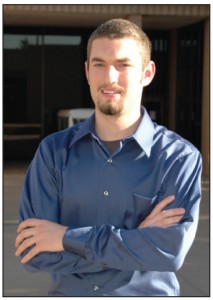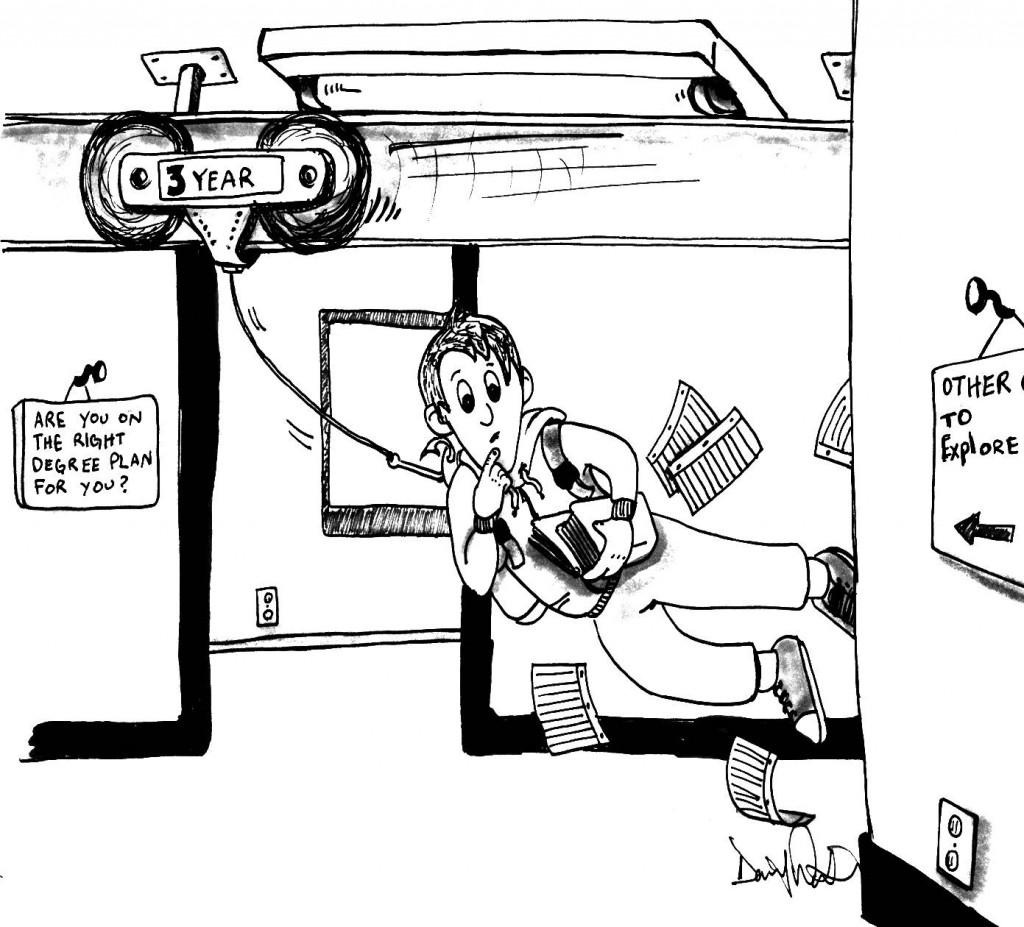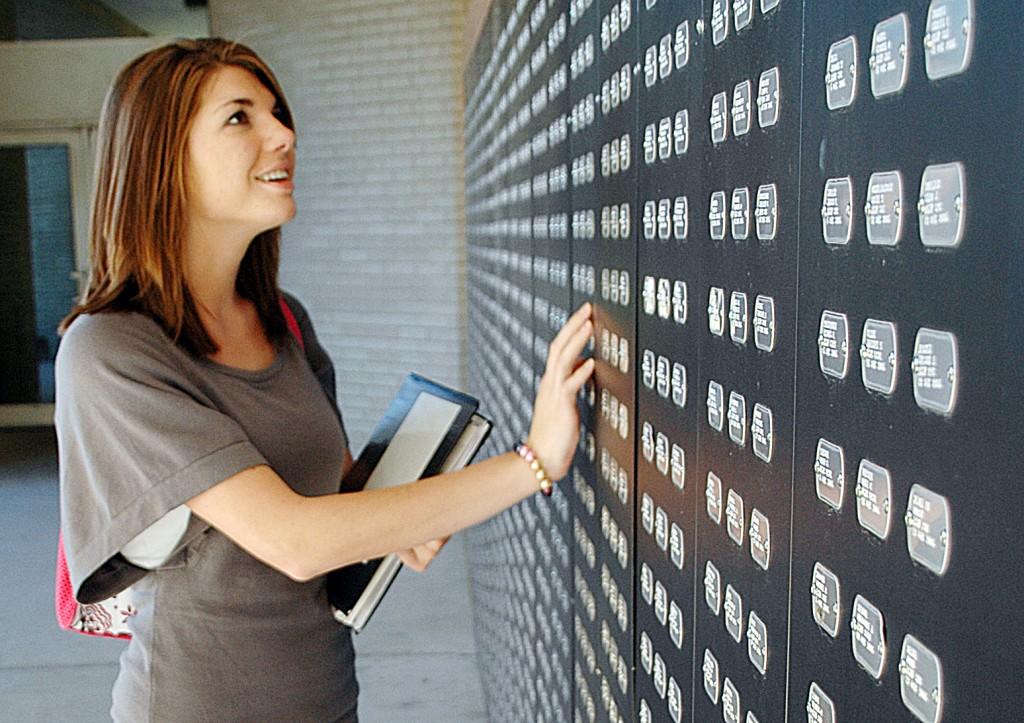By Steve Knight/editor-in-chief

Some students began wearing empty holsters on campus this week after a temporary restraining order was issued Nov. 6 by a federal judge.
The order from Judge Terry Means, which expires Nov. 23, allows the empty holsters to be worn outside on campus property but not inside classrooms and adjacent hallways.
NE Campus student Clayton Smith, who filed the lawsuit, said he was happy with the ruling.
“All organizations at TCC will be able to express themselves on campus,” he said.
TCC lawyer Angela Robinson said in her reaction to the ruling that safety is paramount.
“We’re pleased that the ruling recognizes the college’s responsibility for the safety and security of students and faculty,” she said.
A Nov. 16 hearing date has been set in the federal lawsuit against TCC regarding the district’s student demonstration policy.
The lawsuit filed by Smith and NE student John Schwertz Jr., along with the American Civil Liberties Union of Texas and the Foundation for Individual Rights in Education, challenges the district’s decision to prohibit an “empty holster” protest supporting concealed weapons on campus.
The complaint also names Erma Johnson Hadley in her official capacity as interim chancellor.
The lawsuit said TCC has denied the organization’s requests to demonstrate on campus wearing symbolic empty holsters for the last two years.
Robinson said the district’s policies and procedures are constitutional.

“They meet state and federal laws,” she said. “We have applied them constitutionally in regard to safety and security of students and faculty.”
The college said it would allow the group to hand out brochures and leaflets in designated free speech zones, but one of the associations involved with the lawsuit said that wasn’t enough.
“For far too long, Tarrant County College has flouted the First Amendment and prevented its students from engaging in core political speech on campus anywhere outside of its so-called free speech zone,” said Greg Lukianoff, president of the Foundation for Individual Rights in Education, in a statement.
“By restricting campus speech to this tiny ‘free speech zone,’ TCC has stifled students and ignored its legal obligation to ensure that speech remains free on campus. After failing to heed repeated warnings from FIRE, TCC now must answer for its brazen disregard for the Constitution in federal court.”
Smith said in a statement that he is concerned the college would suspend him from school if he violated the restrictions regarding protests.
“TCC has no reason to believe that our action would cause any problems on campus,” the statement said. “All we want to do is wear empty holsters to express our political views. We have held similar events on the campuses of the University of Texas at Arlington and the University of North Texas without incident.”
According to the suit, the dispute goes back to March 2008, when South Campus student Brett Poulos informed administrators that SCCC members would participate in an “empty holster protest” the week of April 21-25 along with 130 other college campuses nationwide.
Poulos said the empty holster symbolized the organization’s view that students, faculty and staff were defenseless because current state laws prohibit concealed weapons on college campuses.
In April 2009 and again last month, Smith informed administrators of similar planned demonstrations involving empty holsters, this time on NE Campus.
The suit said that on both occasions, Smith was told by TCC officials that demonstrators could not wear empty holsters anywhere on campus and that fliers could only be distributed in the free speech zone on the front porch of the Student Center.
Smith’s attorney Karin Cagle said the lawsuit also challenges the college’s policy requiring 24 hours notice prior to a demonstration.
“Our clients and all TCC students have the right to make their views known through peaceful demonstrations in the common public areas of the campuses, including distributing flyers, wearing symbols of the cause and speaking to others, without having to get permission from the college by filing a request 24 hours in advance,” she said.


























